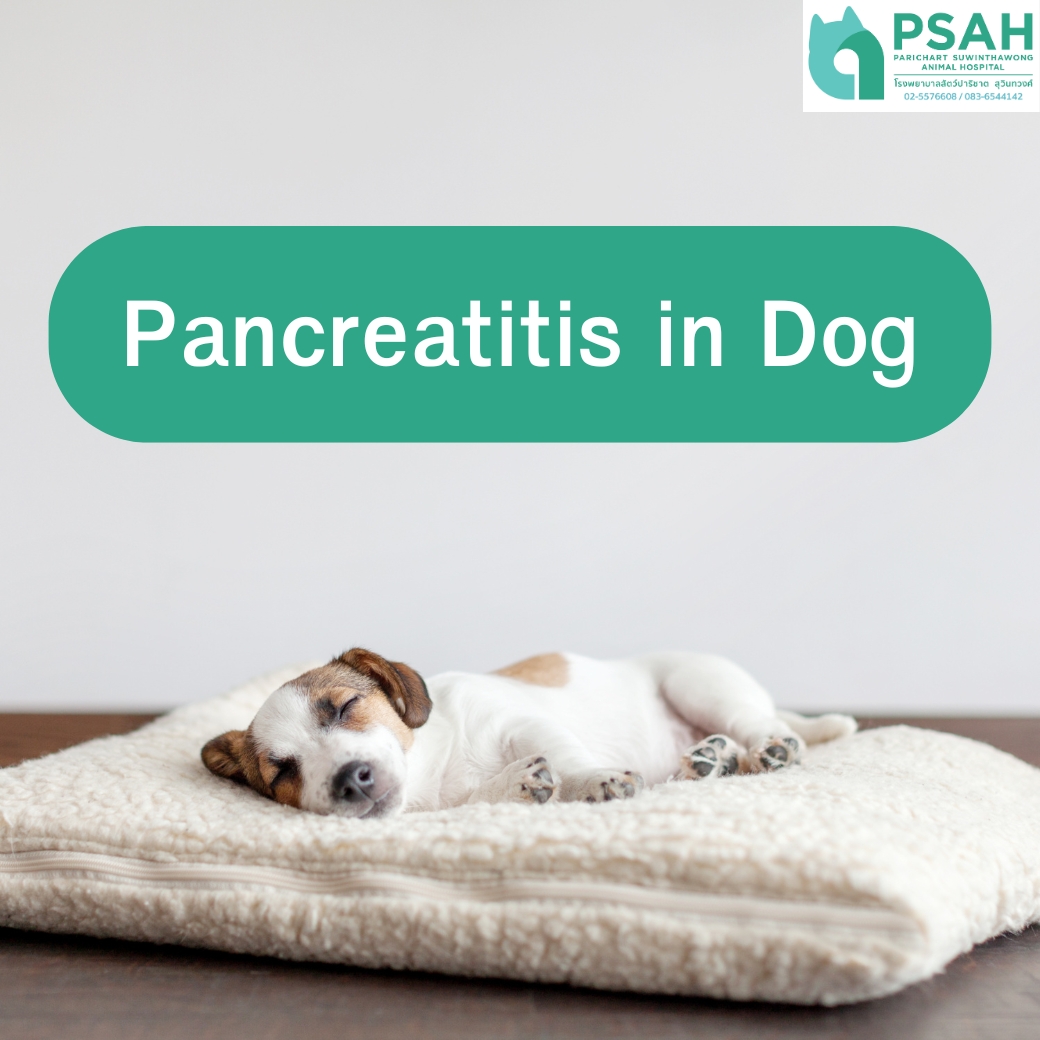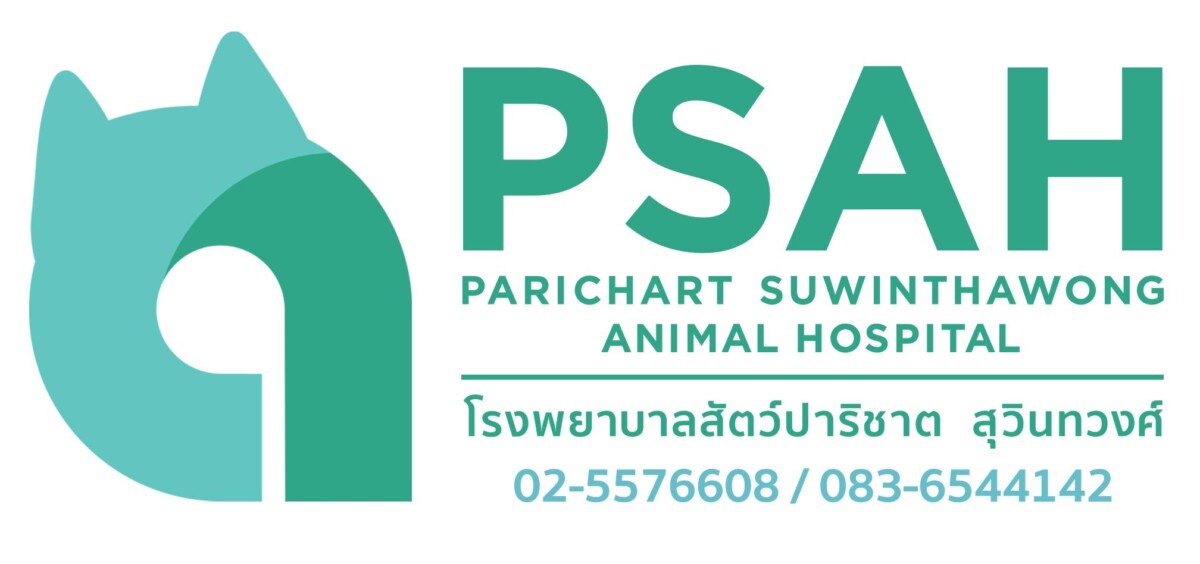
Understanding Canine Pancreatitis: A Comprehensive Guide
Introduction
Canine pancreatitis is a life-threatening condition, ranking among the top gastrointestinal and liver diseases that necessitate hospitalization. At Parichart Suwinthawong Animal Hospital, our dedicated team of veterinarians and vet nurses strives to provide optimal care for this serious illness.
Dietary Risk Factors for Canine Pancreatitis
High-fat foods significantly increase the risk of pancreatitis in dogs, who should avoid fatty scraps and certain high-fat dog treats.
Overview of Canine Pancreatitis
Pancreatitis can lead to severe complications like systemic inflammatory response syndrome (SIRS) and multiple organ dysfunction syndrome (MODS), with a mortality rate of approximately 72.2% in acute cases. General cases constitute about 1.4% of all dog hospitalizations for gastrointestinal and liver conditions.
Symptoms of Canine Pancreatitis
1. Vomiting: Most common symptom.
2. Abdominal Pain: Dogs may appear hunched and show discomfort upon abdominal touch.
3. Diarrhea: Common but not always present.
4. Loss of Appetite
5. Lethargy
6. Fever
7. Dehydration
Diagnosing Canine Pancreatitis
Diagnosis includes comprehensive blood tests and imaging. The canine pancreatic lipase immunoreactivity (cPL) test is crucial, measuring blood pancreatic lipase levels, which are typically elevated in affected dogs.
Mortality Rates and Contributing Factors
– ICU dogs have about a 40% mortality rate.
– Overweight dogs face significantly higher risks, with those having diabetes also seeing increased mortality rates.
– Elderly dogs over ten years old have up to a 50% mortality rate.
– Delayed treatment increases the mortality rate to 60%.
– Dogs with concurrent infections have a mortality rate of up to 64%.
Prevention and Treatment
Treatments include adequate fluid therapy, continuous pain relief, anti-nausea medication, and antibiotics if needed. Diet control and diabetes management are critical preventive measures.
Conclusion
Timely diagnosis and appropriate treatment are key to managing pancreatitis effectively. Parichart Suwinthawong Animal Hospital is committed to providing the best care to reduce complications and mortality in dogs with this condition. Contact us to schedule an appointment if your pet shows signs of pancreatitis.
